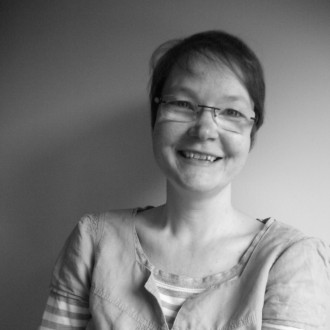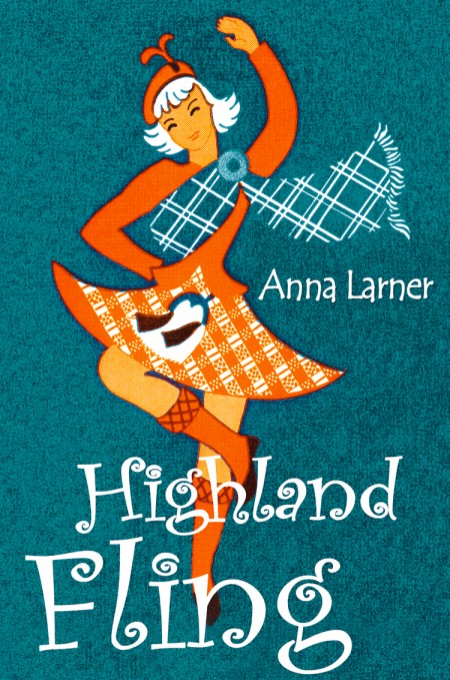Anna Larner blogs:
Finding the way in is at the heart of everything, isn’t it?
Be it finding the way in to a confusing car park or a poorly signposted building. Or indeed finding your way in to establishing the common ground of a friendship or, perhaps most importantly, to the heart of the one you love.
Finding the way in is not only at the heart of life, it is at the heart of writing. It is that moment when a writer’s creativity sparks, igniting an imagined scene or character or dialogue. It is where the story begins.
I remember reading an interview with author Nancy Garden explaining how she found her way in to writing Annie on My Mind with a single line of dialogue.
“One rainy day…the words ‘It’s raining, Annie’ popped into my head. I know it sounds weird, but something told me that at last this might be the beginning of the book, although I didn’t know who was saying ‘It’s raining’ or who Annie was. But nonetheless that was how Annie on My Mind was born.”
Nancy’s explanation resonated with me as my debut novel Highland Fling began as much with a line of dialogue as with the setting of the Scottish Highlands. I could hear my main character Eve saying tenderly to her lover Moira, “You can touch me if you want”. These few words began a paragraph of writing, which then became a page, which eventually developed into a novel.
In a similar way my short story “Hooper Street” in the anthology Girls Next Door: Lesbian Romance became the destined home for a phrase that had loitered in my head, potent yet aimless: “It was a Tuesday when…” The line now continues “I first met Abbie.” “Hooper Street” had already been loosely drafted before those homeless words gave the story the purpose and orientation it needed. It peculiarly felt like those five words were fated to belong in the story, but that at some point they had been separated from it, like a dream half forgotten and then suddenly fully remembered.
For sometimes ideas, words, and images conjured by the imagination are so fleeting, that the writer is left chasing the memory of something, constantly editing and refining, working to get as close as possible to the perfect creative form just out of reach.
Despite the writer’s efforts to capture their imagination onto a page and to craft the perfect story, the ultimate meaning of a work lies with the reader. After all, the words and images that connected the story to the writer will not be the same words and images that connect the story to the reader.
All a writer can do is guide the reader in the direction we hope they will travel. But in the end, as it should be, the joy is in the discoveries you make for yourself, the satisfaction of finding your own way in.
You will find me, should you wish, reading from Highland Fling and “Hooper Street” and chatting more about writing, at Gay’s the Word bookshop, London, on 13th July, and at L Fest, Loughborough, on 22nd July.
I look forward to seeing you then.
Anna Larner



